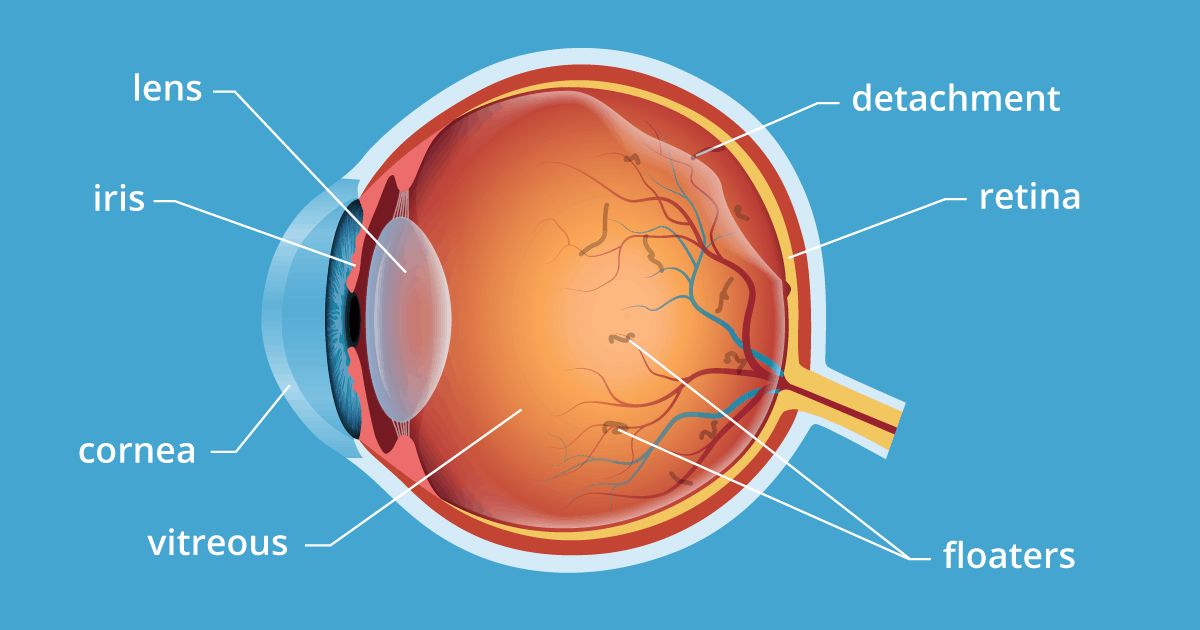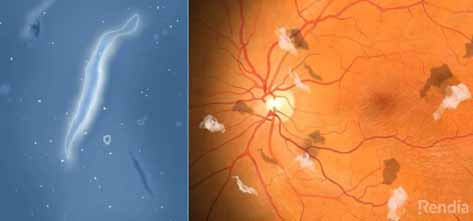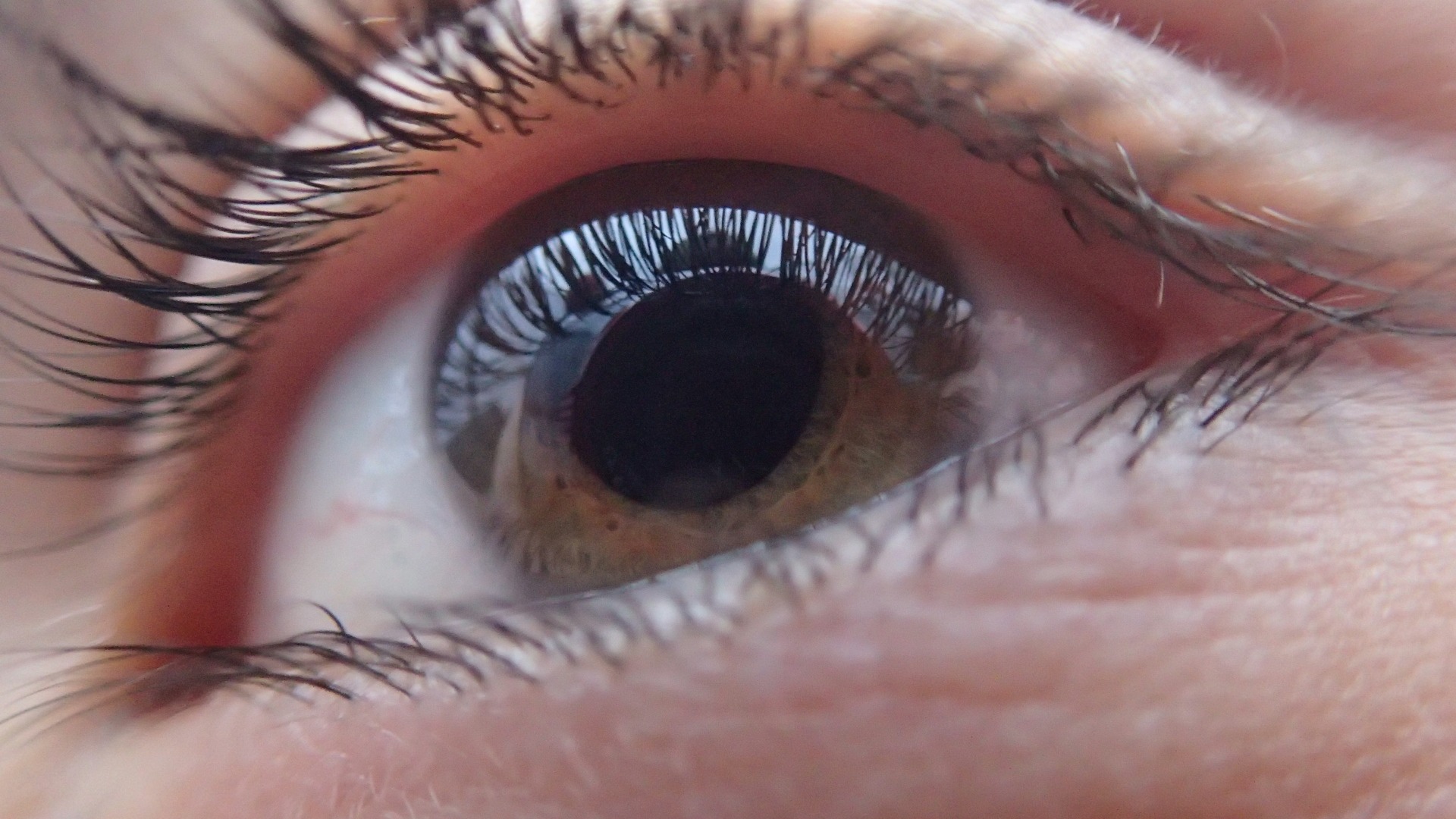Dysphotopsias are visual symptoms that some patients may notice in the first few weeks following cataract surgery.
Flashes of light in peripheral vision after cataract surgery.
After surgery you have a slightly higher chance that it pulls away from the back of the eye a problem.
Surgery can cause posterior vitreous detachment where the vitreous separates from the retina.
During the dilation the lens must have shifted because i m seeing more of the edge of the iol wider shadow plus the angle of light entering the lens has also moved forward causing more flickering.
Shimmering flickering of peripheral vision after cataract surgery with iols.
It makes you see moving spider webs and clouds in your vision along with flashes of light.
6 weeks after surgery dilating drops were instilled and they lasted over 36 hours before i could see without dark glasses.
Light flashes and floaters there is a possibility of detachment of posterior vitreous after cataract surgery leaving the vitreous separated from the retina.
I believe that s what i have after cataract surgery and will ask my surgeon about it at my next appointment.
Flashes of light in the eye.
It could be positive dysphotopsia.
Sometimes after cataract surgery with lens implants light might strike the lens implant at a certain angle that might cause a flash in the peripheral vision and sometimes light might strike a lens implant in such a way that it can appear reflective to another person looking at the pupil of the eye.
What are symptoms of dysphotopsia.
Tiny fibers float in the vitreous fluid and are attached to the retina.
The retina sits way back in your eye sensing light and sending messages to the brain.
Dysphotopsia visual symptoms are divided into two broad categories.
&srotate=0)













































